Part 1: The Pogba doping case, a reminder of Juventus' murky past
The Juventus medical centre still consult a sports doctor who in the 1990s used a system involving a pharmacy, and a local retirement home, to order prescription drugs for players with little trace.
It takes considerable time and effort to run this newsletter, and paid subscriptions help greatly. If you would like a group subscription for your organisation please reach out directly at honestsport@substack.com.
Thank you to those of you who have decided to subscribe already.
Help grow this newsletter by sharing it with friends, athletes or colleagues, particularly anti-doping officials, journalists or sports lawyers, who you think would find it useful or interesting. Thank you, Edmund!
Forty-eight days before Paul Pogba tested positive for synthetic testosterone metabolites, on the opening weekend of the ongoing Serie A season, the French World Cup winner reported to pre-season at Juventus a full week before his fellow teammates.
From that moment forth, until the day he submitted his fated doping sample, Pogba was under the professional supervision of Juventus staff at both the club’s training ground, La Continassa, and its avant-garde medical facility, J|Medical.
Somehow Pogba, his private support staff in Miami, where the player spent the month of June, and Juventus staff, throughout July and August, all missed that the player had consumed a banned substance unknowingly, as Pogba says.
This defence was rejected by an independent tribunal and the World Cup winner has now been banned for four years by the Italian anti-doping agency, NADO Italia.
And in wake of this ruling, it is a decision by Juventus and J|Medical to continue to consult a ‘tainted’ doctor that will spare the club little sympathy as it attempts to rid itself of any negative press, even justifiably, in the Pogba saga.
This doctor who draws a line from Juventus’ alleged doping past to the current J|Medical doctors and consultants.
This doctor was re-hired by the club in 2017 after being convicted, and then cleared, at a criminal level, of blood doping the club’s players in the 1990s.
The decision is demonstrative of Juventus and the club’s former players’ loyalty to the staff employed during that era.
Rather than distancing themselves from the actions of the club at the time, Juventus legends-turned-managers, such as Zinedine Zidane, Antonio Conte and Didier Deschamps, have instead continued to hire ex-Juventus fitness trainers on their coaching journeys from Real Madrid to Chelsea.
However, after the former Juventus captain Gianluca Vialli passed away from a second bout of pancreatic cancer last year, at the age of 58, one former Juventus player, Dino Baggio, expressed concern over whether legal supplements he was given at several Italian clubs could have led to health complications for him later in his life. The type of supplements provided to Juventus players by a sports doctor still trusted by Juventus today – Dr. Riccardo Agricola.
J|Medical - the Juventus medical centre
J|Medical is a private, independent medical centre, funded by Juventus and the Santa Clara Group, to treat both private clients and all Juventus players. It offers new and advanced techniques. The club’s own website describes J|Medical as ‘an avant-garde centre for health and wellbeing’.
The centre is situated on the East side of Juventus’ 42,000-seater Allianz Stadium in Turin. The J|Medical website states that it has over 100 specialists at its disposal and that it sets the ‘highest standard’ when it comes to sports medicine.
Juventus invested €10m in the centre to open it to the world in 2016 and put the club at the forefront of sports medicine. At the start of every pre-season, Juventus players report to the facility to undergo testing and have their fitness assessed ahead of the new season.
On 14 July 2023, as seen on the Juventus Youtube page, all of the club’s players, including Paul Pogba, reported to J|Medical to undergo these physical tests. By that time, Pogba had already been training at Juventus for 11 days. The player, as a commitment to the club, chose to start his pre-season early in an attempt to justify his place at the top of Juventus’ wage bill and make a break from the prior injury-laden Serie A season where he failed to start a single match.
But over this period, and at some point between early June and 20 August, Pogba consumed the anabolic agent DHEA that led him to fail a doping test for testosterone metabolites in the Serie A season opener versus Udinese.
We could assume that, at this point, Pogba and his lawyers planned to argue that the player consumed a contaminated or mislabelled supplement in Miami and without the knowledge of Juventus. They apparently did so at the hearing against NADO Italia, and will probably continue to do so during any appeal.
But it must be noted, Pogba tested positive in Italy, not the USA, and once the Serie A season had begun.
If J|Medical is a leader in cutting edge sports medicine, then the types of precautions that should have been taken with Pogba can only be classed under the most basic of administrative tasks: communicate with players and ensure their supplements do not contain banned substances.
That these steps did not take place at Juventus, or that Pogba did not communicate with the club about some of the supplements he was taking, is not only surprising but also at odds with protocols that were put in place by a recent J|Medical director during the major Juventus doping scandal twenty-five years ago.
At that time, the former club doctor, Riccardo Agricola, made himself available to all Juventus players practically 24 hours a day, even during the summer, and the players were recommended to call the doctor to consult him on any type of health problem and, above all, when taking supplements or medication.
The rogue pharmacy at the heart of the Juventus doping scandal
"Italian football must move away from the pharmacies."
When the Czech-Italian football manager Zdeněk Zeman gave an interview to L’Espresso magazine in 1998 about widespread doping in Italian football, Zeman could not have known that a Turin prosecutor, Raffaele Guariniello, and a Turin court were listening to him.
Zeman revealed that when he was managing Lazio between 1994 and 1997, some of his players informed him they had received prohibited substances while away on international duty with the Italian national team, the Azzurri.
“Some Lazio players told me they had been given certain prohibited substances,” he said.
But it was his words about Juventus, that would ultimately lead to the club and its head doctor Riccardo Agricola being investigated for doping, in the context of sports fraud, by the Turin prosecutors.
"I was surprised by the size of Vialli's thighs and the sudden bulking up of Del Piero," he added. "Have you seen the bodies of these two players? Have you seen how they suddenly developed? I thought that such changes only occurred after years of working with weights."
Vialli and Del Piero threatened to sue Zeman but the Turin prosecutors soon showed that Zeman’s words were not so far from the truth. The pair would eventually be cross-examined in court.
Documents from the case, reviewed by Honest Sport, describe how the club doctor Agricola used a system, involving a local pharmacy and nursing home that allowed him to purchase prescription drugs at will, on the open market, and administer them to the entire Juventus squad unencumbered.
The Juventus medical centre resembled a ‘small hospital’ both because of the enormous quantities of pharmaceuticals found in its warehouse, and because only in a hospital can so many drugs be stored without prescription.
The warehouse was organised in such a way that if the number of packages of each drug in any cabinet fell below a certain quantity, set by Dr Agricola, then the warehouse manager Luca Martini arranged for the purchase of new drugs to replenish the stock.
“I manage the computerised program of the warehouse stocks, I always check that they are present the drugs on the list, when stocks are exhausted or when I am asked for a drug that is not present I inform Dr Tencone or Dr Agricola and fill in the appropriate form for the request. [It’s] Agricola who checks and signs,” Martini told the court.
Dr. Fabrizio Tencone was Agricola’s assistant at the time, and would remain at the club until June 2016.
The majority of drugs, in fact two thirds of them, required a prescription and many were not purchased to meet the therapeutic needs of Juventus players but were used instead to enhance performance.
As a demonstration of the extent of the over-medicalisation of football taking place at the club, Juventus purchased over 900 hexaphosphine intravenous infusions between the end of 1994 and June 1998. When inspectors visited their premises, they found less than 50 remaining. In other words, it seemed Juventus players had undergone an average of 250 infusions a season.
Last year, consultant doctors from Tottenham and Newcastle United raised concerns that prohibited infusions were increasingly being used by athletes across all sports as part of their pre-game and post-game ritual despite a lack of scientific literature on their efficacy.
“The ‘food first’ (rather than infusions) and ‘no needle’ messages need to be amplified among all athletes and multidisciplinary support teams to avoid what was previously a ‘last resort’ treatment becoming normal without scientific evidence of benefit”, read the editorial in the British Journal of Sports Medicine.
Infusions, no matter their content, were only banned by the World Anti-Doping Agency (WADA) in 2005, but their widespread administration provided a window into the most successful club in Italy. From 1994 to 1998, Juventus won three Serie A titles and one Champions League, while being coached by the World Cup 2006 manager Marcello Lippi. Their star players included Zinedine Zidane, Didier Deschamps and Edgar Davids.
The rampant administration of drugs and medicines to these players, would not have been possible had it not been for a pharmacist at Farmacia Rossano, a short drive from Juventus’ stadium.
When Juventus needed to replenish their pharmaceutical supplies, they would order from Farmacia Rossano. On several occasions, the pharmacist took an order from a local nursing home, cut it in half, added Juventus’ order to the bottom and photocopied it. When the drugs arrived at the pharmacy from suppliers, they were simply sent to Juventus rather than the nursing home.
To add a layer of comfort to the system, Agricola was concurrently working for the nursing home in question, called Villa Cristina, as a neuropsychiatrist. When Agricola left the centre to become the Juventus first-team doctor, he never actually handed in his resignation officially. After introducing the pharmacy to the club in 1994, Agricola only officially resigned when prosecutors came calling in 1998.
Such was the incestuous relationship between the pharmacy, the nursing home and Juventus, Agricola’s father and sister held positions at Villa Cristina. The court judge said that in such a solid and close-knit environment where friendship and common interest prevailed, it became almost impossible for rules to be respected.
As a sum of its parts, Dr Agricola had built a system using which a wide array of prescription drug could be purchased with little trace and then administered to Juventus players.
No documentation was found regarding the use and administration of these medicines, and the judge openly opined whether this was because if presented in court it may have incriminated Agricola.
As such, it was the remit of the prosecution to reconstruct events at Juventus and establish, using invoices, doping control forms, and witness testimony, whether the club players had engaged in doping.
The most serious accusation centred around 15 Juventus players, including Antonio Conte, Didier Deschamps and Zinedine Zidane, and their alleged use of a blood doping drug that was concurrently ruining professional cycling – EPO.
Dr. Agricola’s alleged blood doping of Juventus players
In early 1998, a Spanish sports doctor named Guillermo ‘Bill’ Laich flew to Turin for a series of meetings with Agricola to discuss the ‘biological’ preparation of Juventus players.
In court, Juventus were not forthcoming about the exact content of those meetings, but judge Giuseppe Casalbore viewed them as continuing evidence of Dr Agricola’s ‘disquieting willingness’ to acquire information and to establish partnerships in order to identify innovative substances and methods to enhance athletic performance.
What was evident, however, was that Juventus knew that Laich carried with him a bad reputation. In the press, Laich was known for specialising in the use of stimulants that could not be detected in doping controls, which was in part evidenced when Diego Maradona, under Laich’s supervision, tested positive for the stimulant ephedrine at the 1994 World Cup.
This same desire to collaborate with Laich had also been exhibited, a decade earlier, by a more infamous sports doctor - Eufemiano Fuentes from the Operation Puerto doping scandal.
In the mid-1980s, Fuentes partnered with Laich to establish biological preparations for the Spanish athletes. Eventually in 2006, Fuentes was arrested by the Spanish military police, the Guardia Civil, and hundreds of blood bags belonging to elite Spanish athletes were found in his flat. Spain spent much of the next decade successfully covering-up the extent of the scandal.
In the months that followed Agricola’s meetings with Laich, from April to May 1998, each Juventus player was prescribed 10 tablets to be taken on alternate days before the Champions League final, which Juve then lost to Real Madrid. However, the court would focus on more serious events before and after Juventus’ successful Champions League final versus Ajax in 1996 - Dr Agricola’s alleged administration of EPO.
EPO, an acronym for synthetic erythropoietin, is a kidney drug that is used to treat patients with anaemia caused by chronic kidney disease or chemotherapy. The drug works by triggering the body to produce more new red blood cells, reticulocytes, which can become dangerously low when a patient has anaemia.
In 1990, the International Olympic Committee prohibited the use of EPO in professional sport after sports doctors realised that the drug had an effect in the order of 10% on endurance. By increasing the number of reticulocytes, EPO helps an athlete boost their haemoglobin, the protein that transports oxygen, and thus the oxygen carrying capacity of their body.
After the drug was discovered, the speed of the peloton increased rapidly throughout the 1990s until it dipped, albeit briefly, when WADA introduced a test for EPO. Had the drug also made its way into football?
At the end of Agricola’s lengthy criminal case, the judge concluded that Agricola had administered EPO to Juventus players in 1996, in a team which included Edgar Davids, Alessandro Del Piero, Zinedine Zidane, Didier Deschamps and Antonio Conte.
And it was the case of the future Chelsea and Tottenham manager Conte that provided some of the most compelling, yet disputed, evidence that blood doping had taken place at Juventus.
After the 1996 Champions League final versus Ajax, Conte was attempting to overcome a left thigh injury to be fit in time for Euro 1996 in England and over the course of several medical appointments, he submitted several blood tests.
Prosecutors used these blood tests to show that Conte’s wild fluctuations in his haemoglobin levels, again a protein that facilitates the transport of oxygen, were evidence he had taken the drug.
They relied on an expert testimony from Professor Giuseppe d’Onofrio, one of the world experts in what is now known as the Athlete Biological Passport (ABP), a tool introduced in 2009 by WADA to detect blood doping indirectly by monitoring athlete blood values.
The prosecution pointed to Conte’s rapid rise in haemoglobin over a 24-day period, from 9.6 to 16.2g/dl as evidence the ex-Chelsea manager had been using EPO. The defence argued that this was a natural response to injury, while the prosecution argued that it was caused by the stimulation of red blood cells from EPO.
However, it was another abnormal blood parameter that even the defence struggled to explain. The defence, according to court documents, did not attempt to give a scientific explanation for Conte’s raised blood levels but instead hypothesised the data could have been annotated incorrectly.
On 29 May 1996, as part of a blood test, Conte had a reticulocyte reading of 6%, the percentage of new red blood cells in the entire body’s blood supply. Injections of EPO, will boost an athlete’s reticulocyte count.
So high was Conte’s reticulocyte count that it was three times higher than the amount (2%) that World Athletics, then known as the IAAF, considered “suggestive of the presence of r-EPO”.
In such cases, the IAAF would perform a follow-up direct test for EPO on the athlete. However a test for EPO was not developed until before the Syndey 2000 Olympics.
“Dr Agricola did not mention it (the reticulocyte reading), evidently, because he could never have given a convincing explanation, not only to try to justify the found percentage value of 6% which, as we have seen, is equal to three times the maximum allowed limit”, reads the judge’s decision.
The judge wrote that this value was ‘absolutely decisive’ in concluding that Conte had been administered EPO, as had his teammates. Juventus’ defence experts argued Conte’s elevated blood values were a natural reaction to a state of temporary anaemia.
“Erythropoietin has certainly been purchased and has been administered to the players, as has been widely highlighted, in an acute form in the reported cases concerning Conte and Tacchinardi and in other circumstances, in a chronic form, to the various players also specifically examined,” read the sentence.
Agricola was dealt a 22-month suspended prison sentence, fined and found guilty of providing a performance enhancing drug to Juventus players.
Juventus however, rather than parting ways with the disgraced doctor, helped him successfully appeal the decision and clear his name, at least at a criminal level. Remarkably in 2017, they re-hired Agricola as the director of the club’s state-of-the-art medical centre J|Medical. A clinic where he remains a trusted consultant.
Part 2 of this ‘Long Read’ will be published soon. If you want to read more deep dives into ‘Doping in Football’ you can here and here.




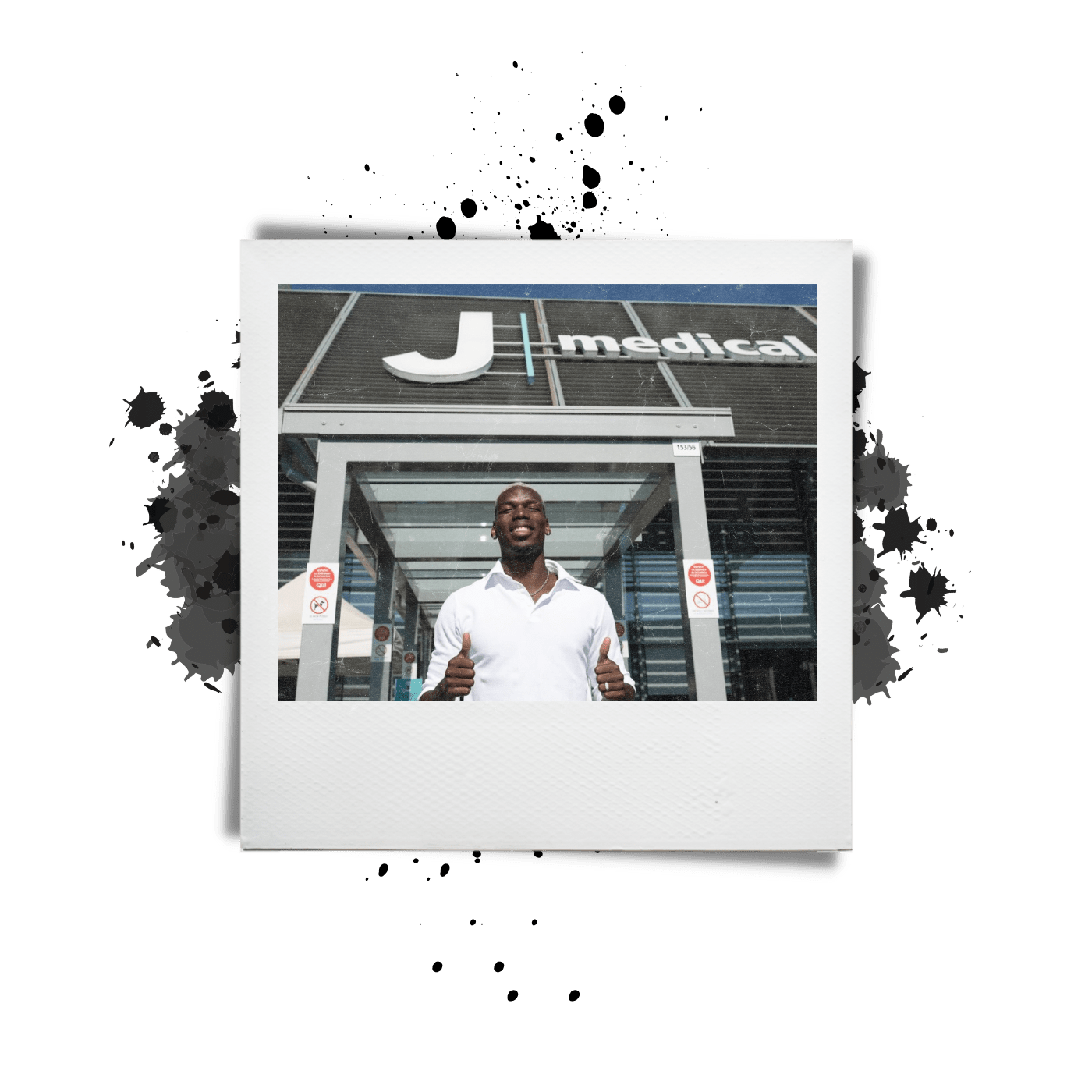
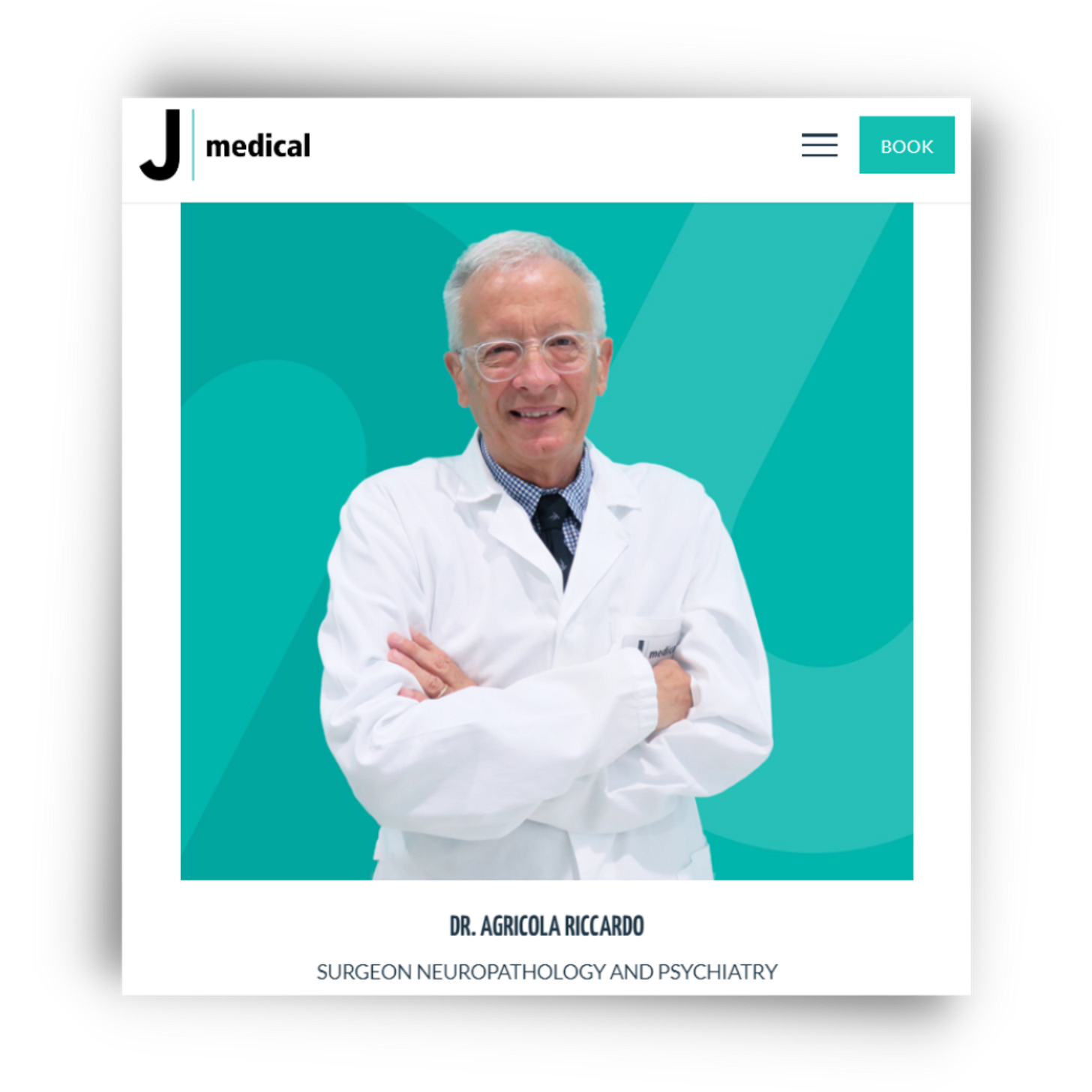
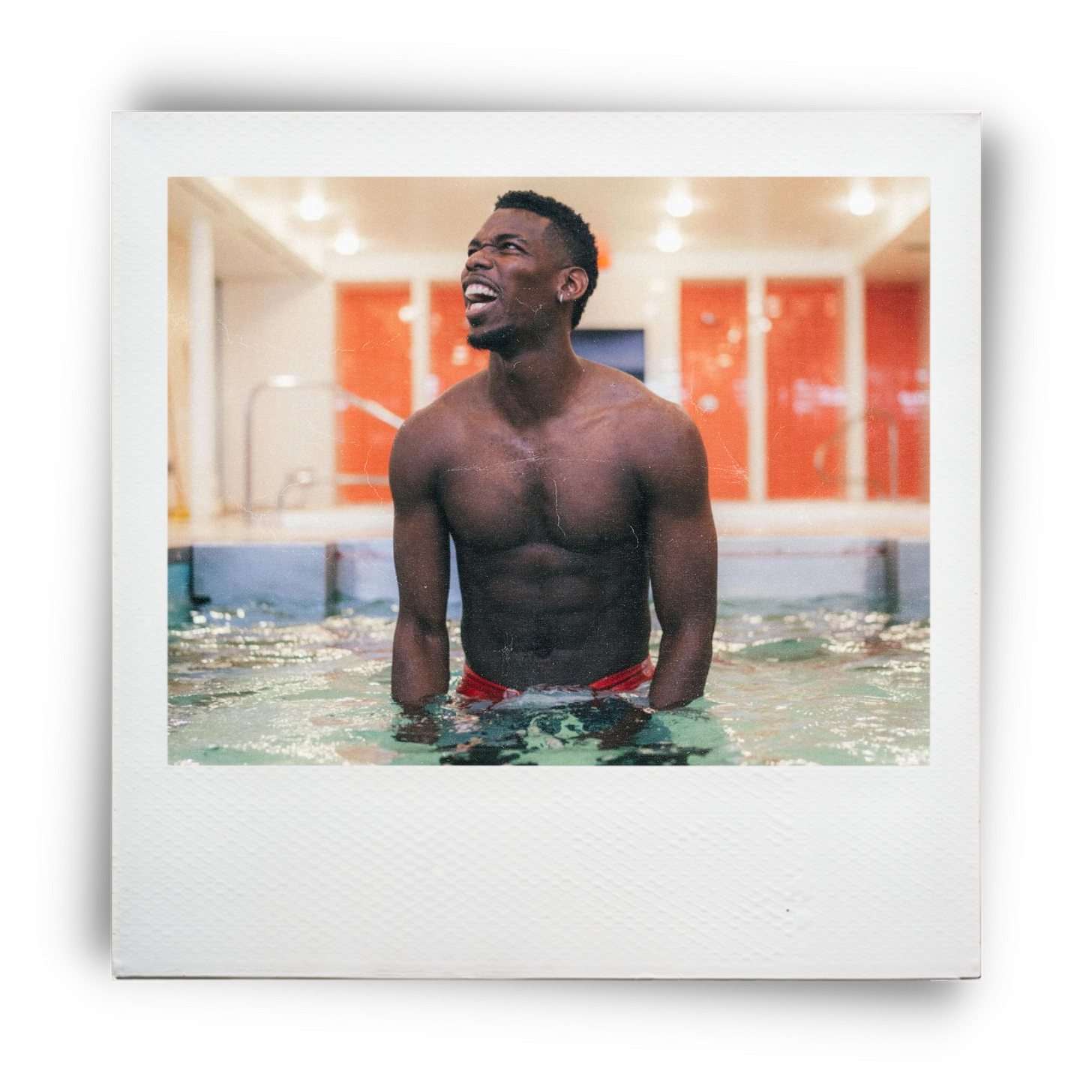
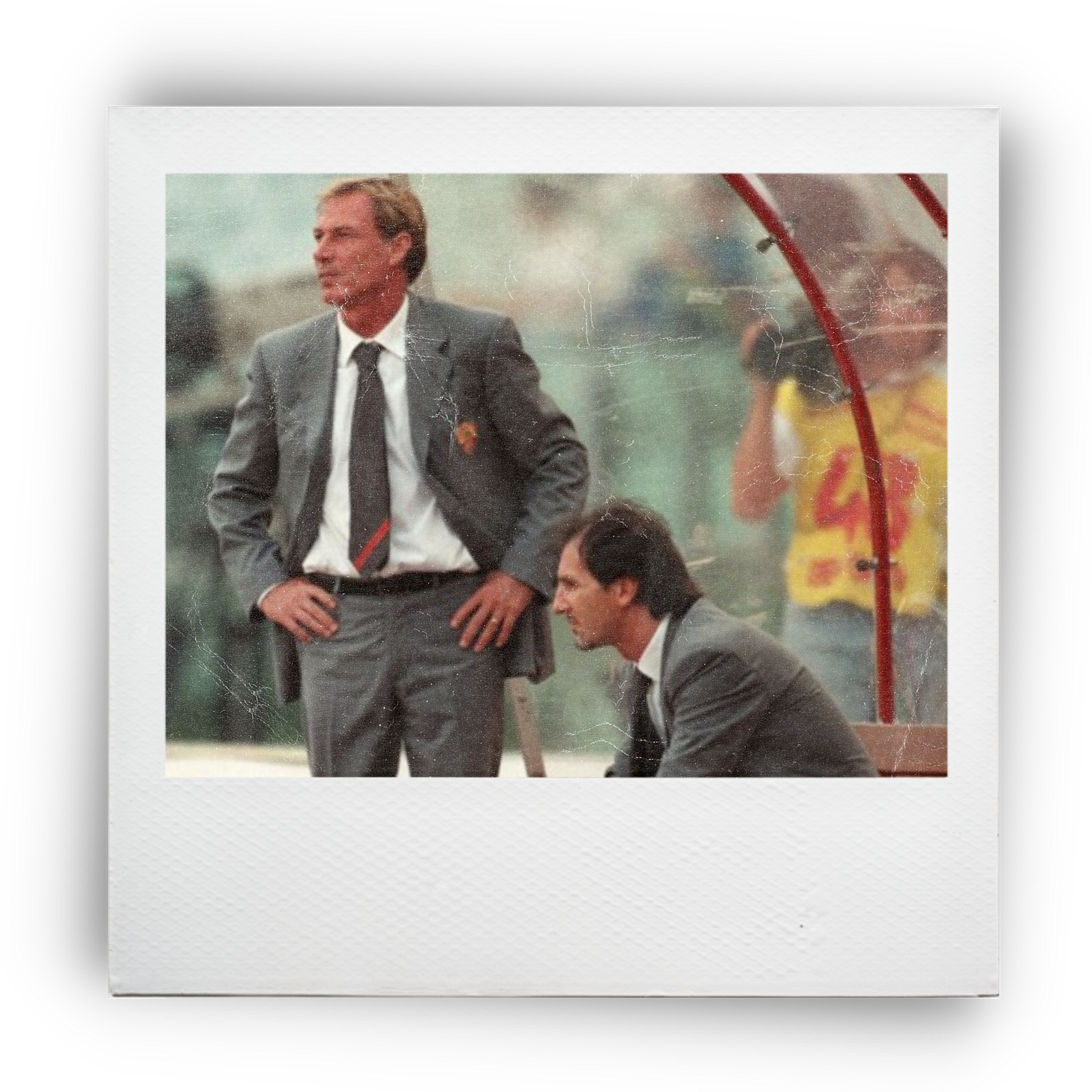

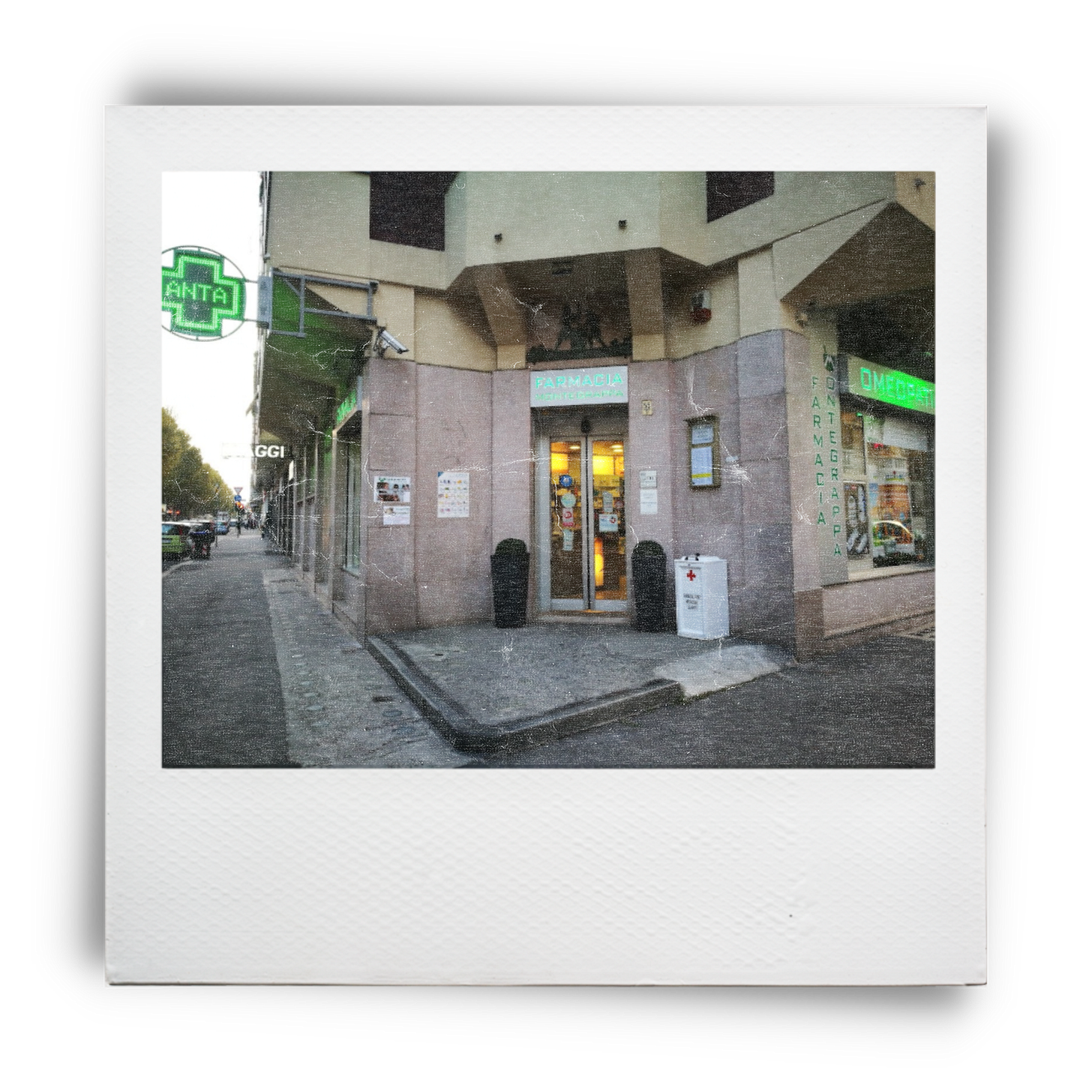
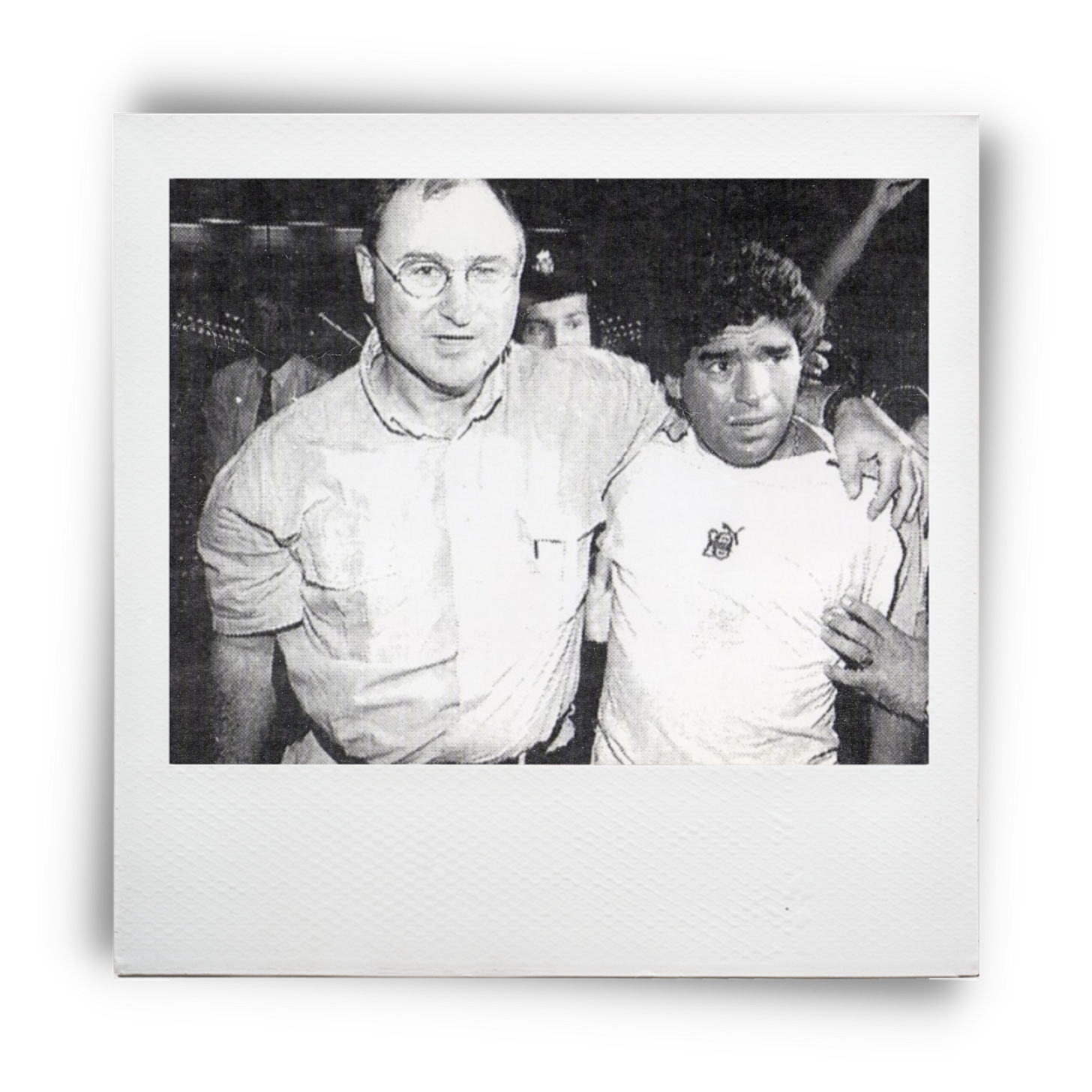
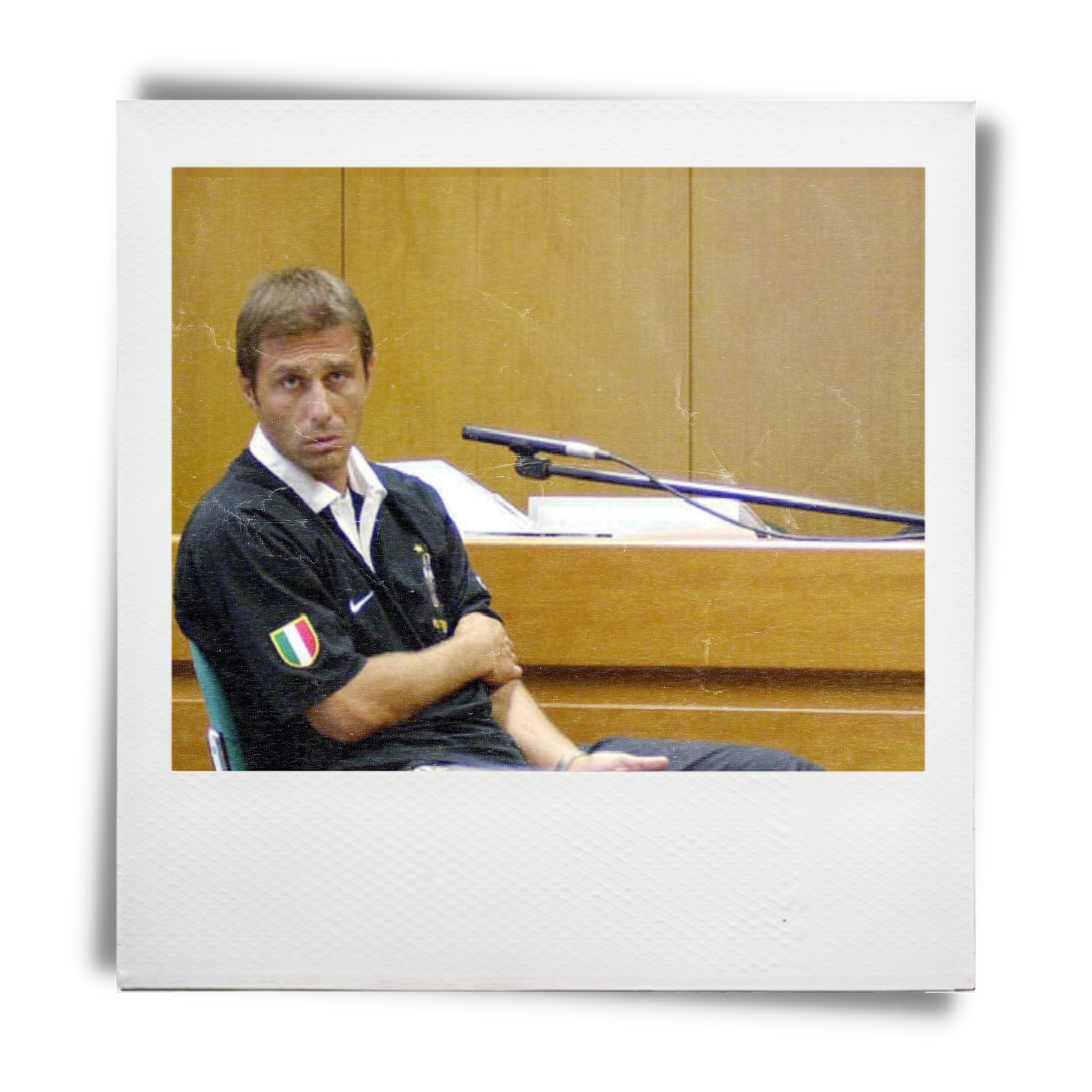
Great article, thanks